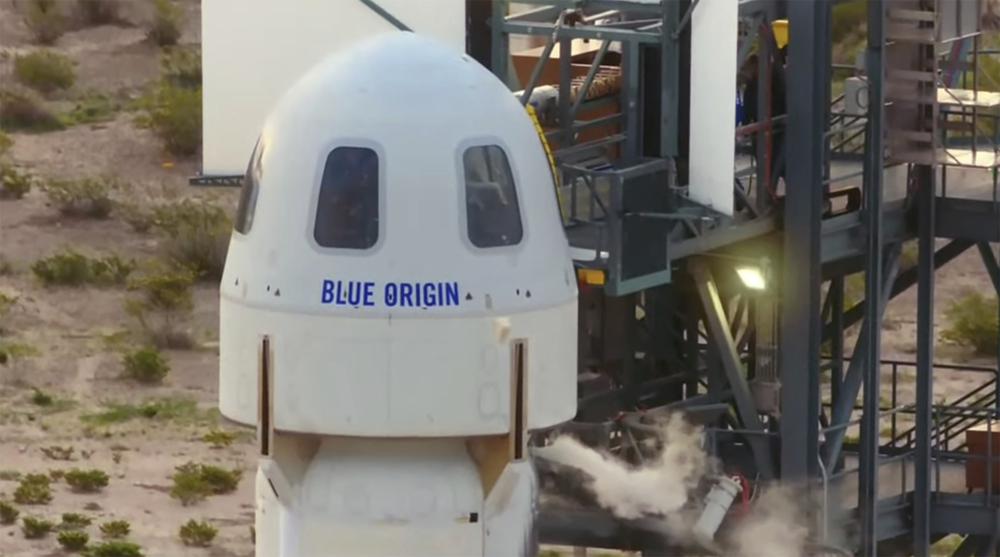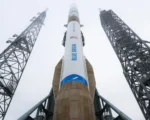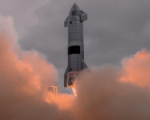Blue Origin Delays New Shepard NS-27 Mission Due to GPS Malfunction
Blue Origin has announced a delay in the launch of its second human-rated New Shepard rocket, designated NS-27, due to a malfunction in the GPS system. The mission, which was initially scheduled for liftoff on October 13th at 9:27 AM EDT (6:57 PM GMT), aimed to send a newly developed rocket-capsule combination into suborbital space. This setback is particularly notable as it follows a previous cancellation just six days earlier, when the first launch attempt was aborted due to technical issues.
Company Statement on the Postponement
In a statement shared via X (formerly Twitter), Blue Origin, the aerospace company founded by Jeff Bezos, communicated the reasons behind the postponement: “We’re standing down on today’s launch attempt to troubleshoot a GPS issue. New launch target forthcoming.” This delay raises concerns regarding the reliability of the systems that support the New Shepard program, which has successfully completed 26 missions to date, including eight that carried astronauts into space.
Significance of the NS-27 Mission
The NS-27 mission holds particular significance as it marks the introduction of Blue Origin’s second human-rated vehicle. This updated rocket features various enhancements aimed at improving both its performance and reusability. Additionally, the new vehicle boasts an updated exterior and provisions for accommodating additional payloads. While this mission will be uncrewed, it is designed to carry 12 research payloads, including advanced navigation systems that are not only relevant to New Shepard but also intended for integration with Blue Origin’s larger New Glenn rocket.
Looking Ahead: Future Launch Plans
As the team at Blue Origin works to resolve the GPS malfunction, the company remains focused on its commitment to safe and reliable spaceflight. The postponement highlights the rigorous standards that Blue Origin maintains in its launch operations, prioritizing system integrity over adhering to a predetermined schedule. The aerospace community will be keenly watching for the announcement of a new launch date, as the NS-27 mission promises to further advance the capabilities of suborbital flight and pave the way for future missions that could eventually carry astronauts to new frontiers in space exploration.


















